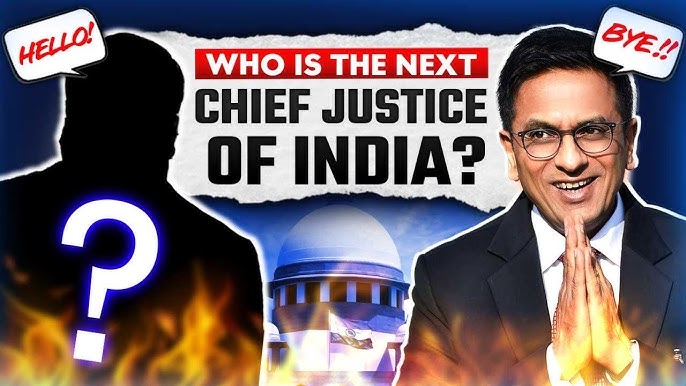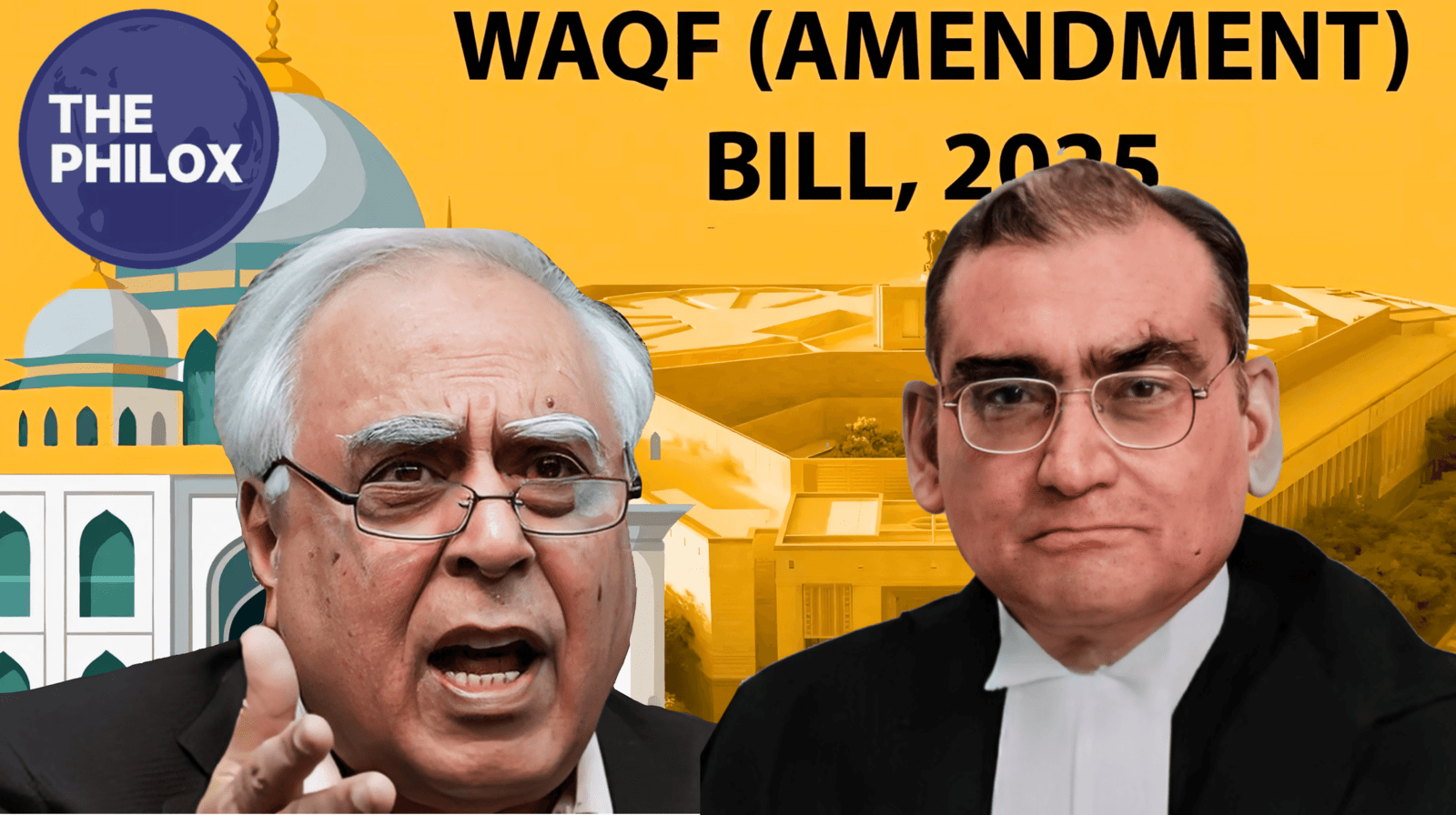What Will CJI Chandrachud Do After Retirement? Exploring Potential Future Paths
Chief Justice of India (CJI) DY Chandrachud, known for his transformative rulings and progressive views, is set to retire on November 10, 2024. After an illustrious career marked by landmark decisions, his next steps are a topic of much speculation. As the country watches one of its most influential judicial figures transition from public service, several potential paths could lie ahead for him. Let’s explore what might be next for CJI Chandrachud post-retirement, considering his career, personal reflections, and the broader context of his legacy.
CJI Chandrachud’s Legacy: A Glimpse into His Career
CJI Chandrachud’s tenure as India’s Chief Justice has been notable for addressing pressing societal issues. From expanding digital privacy rights to advancing gender equality, his rulings have had a lasting impact on the country. For instance, he played a key role in decriminalizing adultery and upholding the right to privacy. His contributions extend beyond just legal frameworks; his commitment to making the judiciary more inclusive and progressive has been one of his hallmarks
Business & Finance News India.
But as retirement approaches, Chandrachud has reflected on his legacy, expressing concerns about how history will judge him. His public statements indicate that he has been contemplating the meaning of his tenure and how future generations will interpret his work. He has acknowledged that despite his best efforts, some of these questions may remain unanswered
Business & Finance News India.
Potential Post-Retirement Roles
- Educational and Academic Engagements Given CJI Chandrachud’s deep intellectual engagement with the law, academia could be one of his next destinations. Former Chief Justices of India have often been invited to lecture at prominent universities worldwide, including Ivy League institutions in the U.S. His legal expertise, particularly in human rights and constitutional law, would be highly valuable in an academic setting. He might engage in teaching, research, or mentorship roles, helping shape the next generation of legal professionals.
- Global Judicial or Advisory Roles With Chandrachud’s progressive rulings and international recognition, global legal and human rights organizations may seek his expertise. Former CJIs have taken up roles in bodies such as the International Court of Justice or the United Nations. His knowledge of constitutional law and his experience with complex judicial matters might make him a strong candidate for advisory positions in these organizations.
- Public Speaking and Advocacy Justice Chandrachud’s judicial philosophy has been focused on equality, transparency, and civil liberties. After retirement, he could dedicate more time to public speaking, shedding light on legal reforms, societal challenges, and the future of constitutional law. His voice would continue to be influential in discussions about human rights and democracy.
- Consultancy in Legal Reforms Chandrachud may choose to work closely with institutions and think tanks on legal reforms. As someone who has advocated for judicial transparency and efficiency, especially in addressing the pendency of cases, his expertise could help shape reforms in India’s judicial system. He might be involved in advising the government or civil society on how to streamline judicial processes and promote diversity in legal appointmentsETV Bharat News.
Personal Interests and Reflection
While professional roles are one aspect of a post-retirement life, Chandrachud has also expressed personal reflections about the emotional toll of being a CJI. He has often spoken about the balance between work and personal life, particularly regarding the demands of the position and the mental weight of making decisions that impact millions of lives
Business & Finance News India. His post-retirement life might also include dedicating more time to personal pursuits, such as writing, reflecting on his experiences, or engaging in activities that offer a change from the high-pressure judicial environment.
Hypothetical Scenarios: What Could Change?
- Continued Influence in Indian Legal Circles Even after retirement, former CJIs often continue to wield significant influence in legal and governmental circles. Chandrachud may continue to be an informal advisor to the Supreme Court, influencing key judicial decisions and policy frameworks. His expertise in constitutional matters and his reformist approach might still shape the judiciary, albeit from a different position.
- Involvement in Civil Society Movements Chandrachud’s focus on rights and liberties might lead him to engage more actively with civil society organizations working on issues like gender equality, LGBTQ+ rights, or data privacy. His judicial opinions on these matters indicate that these are close to his heart, and a role in advocacy or awareness could be a meaningful path for him.
- Legal Mentorship and Supporting Young Judges Given his emphasis on inclusivity and diversity within the judiciary, Chandrachud could mentor younger judges or lawyers from marginalized communities. He has repeatedly stressed the importance of representation in the judiciary, and retirement may offer him more time to personally support and mentor future legal professionals.
Conclusion: A Life Beyond the Bench
Chief Justice DY Chandrachud’s retirement is not likely to mark the end of his public contributions. Whether through education, global legal bodies, or advocacy for judicial reforms, his post-retirement path will likely remain impactful. His legacy, rooted in progressive rulings and a commitment to civil liberties, ensures that his influence will extend far beyond his time in office.
The legal fraternity, civil society, and global legal institutions will undoubtedly look to CJI Chandrachud for leadership and guidance even after his official retirement. His next steps will not only reflect his personal aspirations but could also have a broader impact on the future of Indian and global judicial landscapes.




